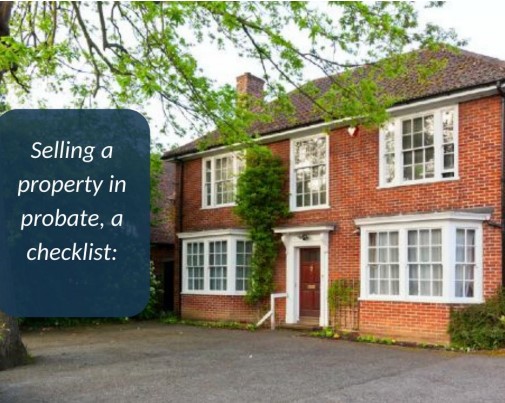House Crowding On The Rise
According to figures recently released by the Office for National Statistics there has been a 25% increase in the number of households into which six or more people are crammed. The figures, which apply to the ten years between the last two censuses (i.e. 2001 – 2011), show that the number of severely overcrowded households rose from 433,000 to 543,000 in a decade.
Housing charity Shelter, who completed a detailed study of 505 families effected by house crowding in 2005, point out that the effects of overcrowding are myriad. Some of these effects, which are confirmed by several other studies, include “a severe impact on the health, well-being and education prospects of children” who grow up in overcrowded homes.
Besides the effect that house crowding has on children, it is also more and more often that crowded properties are occupied by parents and their adult offspring, who find themselves unable to vacate the family home due to unachievable house prices and unsustainable rental costs. Social housing policies also do not extend to those in this group, with single people aged 18-35 being considered to only need help to gain a place in a shared home, often meaning any social housing assistance they did gain would only place them into the exact same position from which they were trying to escape.
Further qualitative research also shows that house crowding can lead to: stress, tension, and sometimes family break-up; anxiety and depression; a lack of privacy, particularly for adolescents; disrupted sleep patterns; difficulties in studying and doing homework; emotional problems leading to developmental delays for children; respiratory and infectious diseases; common mental health disorders; accidents around the home and tuberculosis.
The ONS report is expected to cause somewhat of a political storm because it also points out that the rise of 25% in house crowding was accompanied by a rise of 25% in unoccupied properties.
The amount of unoccupied homes in England Wales increased from 878,000 to 1,100,000 between 2001 and 2011.
These figures point to vast disparities between the higher and lower economic echelons of society, with some families having to squeeze into properties that are too small while other individuals are so affluent that they are able to leave houses standing empty in a speculative attempt to accrue more wealth.
Many campaigners and economic commentators have pointed to these new ONS figures as the true source of the housing crisis and insist that it is only by dealing with these types of causational factors, rather than issuing empty legislation that deals with cosmetic or false problems, such as the Help to Buy scheme or legislation addressing immigration, that the “deep, deep structural problems” in the housing market referred to be Mark Carney recently can be fixed.
For instance, responding to the ONS figures, Dan Wilson Craw, a spokesman for campaign group Generation Rent, which campaigns for professionally managed, secure, decent and affordable private rented homes in sustainable communities said:
“Today’s statistics confirm that our broken housing market is creating deep divisions in society – wealthy property owners can afford to leave houses to stand empty, while more people who can’t buy are forced to squeeze into overcrowded private renting,”
Mr Craw went on to say that:
“The government has no hope of reversing this trend with a scheme like Help to Buy,” and added: “The nation’s renters need better rights in the rental market if they want to live somewhere they can genuinely call home.”
Generation Rent are currently promoting an e-petition, created by a Mr Adam Brady, which calls for the UK housing crisis to be addressed through such measures as increasing the taxation and reducing the rental incomes of those who own several properties, with the proceeds being used to subsidise the building of new homes. A link to this petition can be found on Generation Rent’s website.
So, if these statistics relating to house crowding are all too familiar to you, what are your options?
Assisting older sons or daughters to get themselves a place of their own is one option; though for those whose bank of mum and dad is bust, this is simply unattainable. Applying for assistance through the social housing sector is another possibility, but with 1.6m people on social housing waiting lists across the country, and only 23,000 homes being built every year to accommodate them, this also seems unrealistic.
Another possibility for those who own their home, is to sell their property and relocate to a less expensive area, thus offering the opportunity to upsize your home, or freeing up cash to assist other members of the household find their own place. This last option is certainly not for everyone, but it could help some home owners out of the demoralizing position into which house crowding has placed them.
If you do wish to sell your home and want to do so with a company that specialises in quick house sales and is known for its professionalism, contact National Homebuyers. We buy houses for cash, anywhere in the country, regardless of condition or location and totally irrespective of the reasons you wish to sell your house. So if you are looking to sell your house fast in order to release yourself from your overcrowding nightmare, contact us by phone, click ‘live chat online now’ or fill out the form on this page now.





